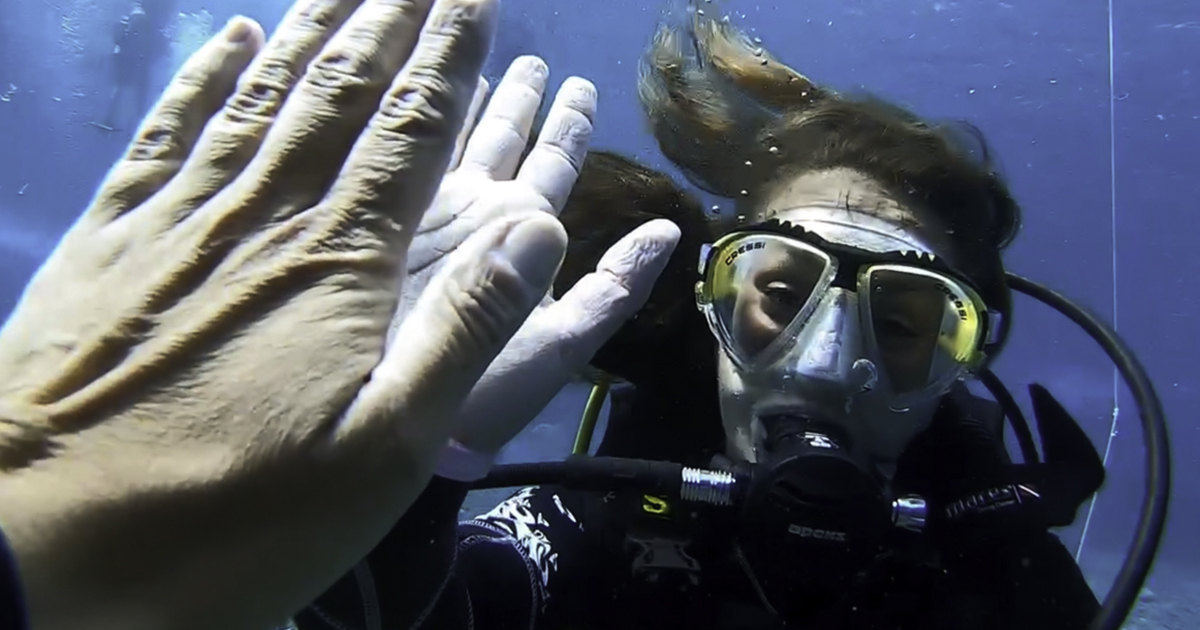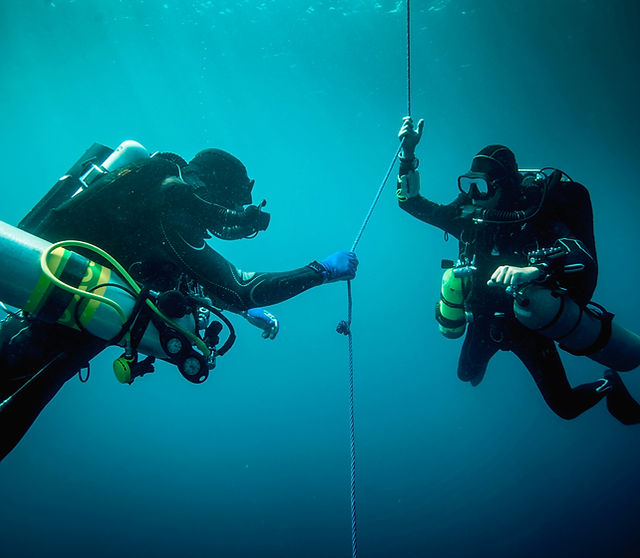
According to statistics, more people die from diving than from skydiving each year. Although it is dangerous, the sport is a great way for people to get together and enjoy nature. Continue reading to find out more about scuba diving statistics. There are many reasons to start scuba diving, including the opportunity to learn about other cultures and meet new people.
While scuba diving, 169 divers died.
Scuba diving has claimed the lives of at least 169 divers. Although the cause of these deaths is unknown, there are some common factors. If their PO2 levels are too low, divers may experience an oxygen seizure. An experienced deep wreck diver, the diver knew he was exceeding the NOAA oxygen limit. An EAN 40 mixture with 40% oxygen, which has a maximum operating depth at 87 ft/27 m, caused an oxygen seizure. He drowned. A diver's PO2 at that depth is 1.45, which is less than the critical CNS toxic threshold.
Skydiving is safer than scuba diving.
Due to the inherent risks involved in diving, scuba diving can be more dangerous than skydiving. Scuba divers, despite the best training and precautions, are still at high risk of serious injury or death. They should be mindful of their depth limits. According to the Divers Alert Network's study, there are two deaths for every million scuba divers. This figure is lower than the one for skydivers, which suffer one death per 1,000 participants.

Scuba diving allows you to meet like-minded people.
Scuba diving can be a great way to meet others who are interested in the same things. You can also lower blood pressure while promoting environmental awareness. It helps you appreciate the ocean as it is home to many species that are not found on land. Scuba diving is a great sport for getting in shape.
Scuba diving equipment fails
Safety is assured by the availability of statistics on scuba diving equipment failures. There are many factors that can lead to scuba diving equipment malfunction, such as incompetence, old age and lack of experience. Poor quality, ill-fitting, or defective equipment are some of the most common reasons. You can also be affected by a sudden ascending, a medical condition, and a combination of these factors. Here are some of the most common causes. As faulty equipment can cause an accident or even death, divers must ensure that their equipment is in tip-top condition.
Lack of training
Poor training is the leading cause for drowning in scuba diving. Bad training can also contribute to poor buoyancy, buddy separation, or low-to-out of-air. While it's not a comprehensive list, it indicates a lack safety and training for divers. Unsafe weights are another problem. This can cause excess exertion, and could lead to dangerous situations.
Poor buoyancy control
According to the current study, poor buoyancy control is associated with increased mortality among scuba divers. The study involved 467 scuba divers. One of these divers withdrew and ten were taken out because they didn't complete the outcome questionnaire. Thirty-eight were also lost-to-follow up. The remaining 426 people completed the study in 30 locations-days. The daily average of participants and divers was 14.2 and 28.

Sudden ascents
A diver without air can perform an emergency ascent. This person can be on the same tube as the other diver and use a separate demand regulator or a separate 1st level regulator. The diver must be aware of the air levels in his lungs and exhale continuously all the way to the surface. Slowly and carefully, an ascent must be made.
Is scuba diving totally safe?
You can safely dive if you adhere to all safety rules and regulations. Scuba diving is safer than other sports and accidents are less frequent. To avoid injury, good scuba divers should take safety precautions and adhere to strict guidelines. If you don't have the right training, diving can prove dangerous. These tips are very important. Below are some tips to help ensure your safety while diving.